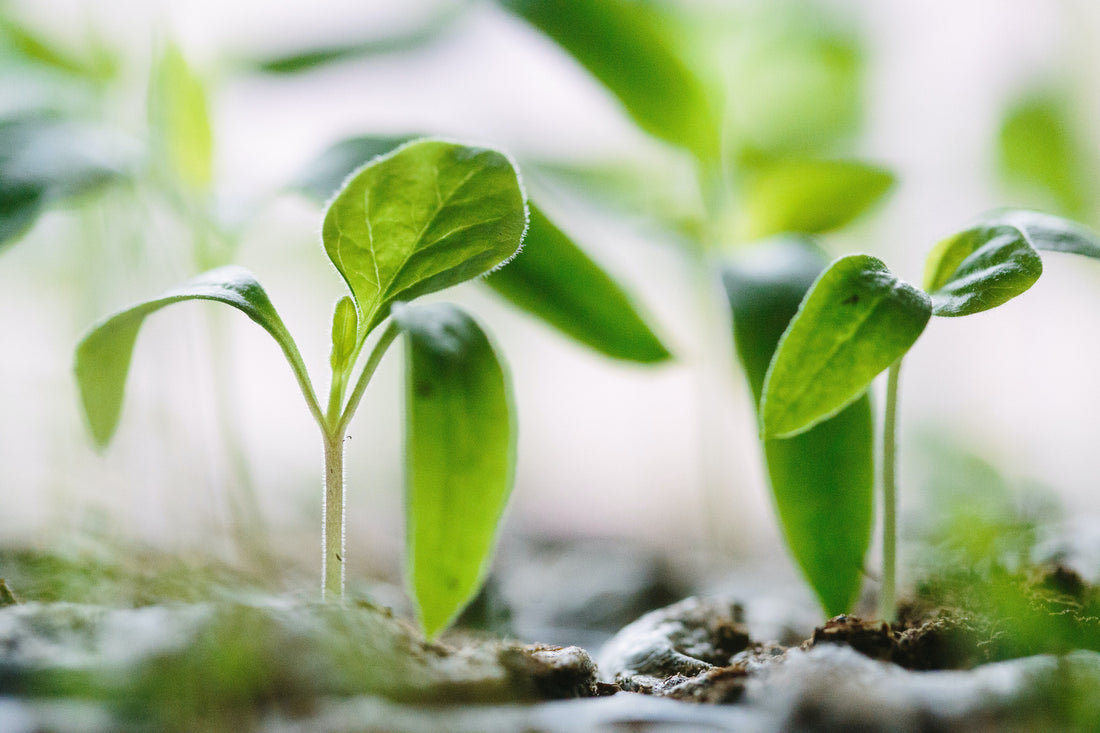Promoting environmental responsibility means investing in the present to live the future.
There is a lot of talk about eco-sustainability or sustainable development and this is done with reference to the environment in which we live: we must all commit ourselves to improving from an economic, social and natural point of view; for this to be possible, direct and continuous communication must be created between the resources of the territory and the economic and social needs of those who live there, avoiding useless and harmful waste also for future generations.
Bios&Derma responsibly chooses suppliers able to support this commitment every day through choices aimed at reducing harmful emissions, promoting recycling and defending biodiversity.

100% CLEAN ENERGY
Every company, every product, every service has an impact on the environment, leaving a CO2 footprint which, thanks to customized and certified interventions, can be canceled and/or compensated for as well as subsequently communicated.
Bios&Derma has chosen to collaborate with Dolomiti Energia because every company, every product, every service has an impact on the environment, leaving a CO2 footprint which, thanks to customized and certified interventions, can be canceled and/or compensated “100% clean energy Dolomiti Energia” it means using the strength that nature offers us: the power of the water that feeds the hydroelectric plants located in our Dolomites. An all-Italian energy, from producer to consumer. The hydroelectric plants of Dolomiti Energia have been previously certified by the GSE as plants qualified to produce renewable energy and for which GO certificates are therefore issued.
The choice of Bios&Derma for the environment finances projects guaranteed for the compensation of CO2 in order to compensate for its CO2 emissions caused by the use of natural gas through the co-financing of an ad hoc project guaranteed by third parties. The projects are guaranteed by institutional bodies such as NGOs and international associations. Each project generates CO2 credits which give rise to gods VER certificates (Verified Emission Reduction) of the Gold Standard type or VCS extension (Verified Carbon Standard), internationally recognized standards which verify that i projects produce a real reduction of greenhouse gases .

BIO PLASTIC
Plastic is the packaging material for cosmetic products par excellence due to its versatility and resistance, but as we know it derives from petroleum and this has enormous negative consequences on the environment in which we live. The green plastic is made of polyethylene, a material derived from sugar cane instead of oil. Bioplastic is therefore a material obtained from plants, therefore of biological origin, e it does not include any component of fossil origin (coal or oil).
In the presence of non-renewable sources , therefore derived from oil and carbon, the CO2 fixed to the ground (which should therefore no longer be in circulation) is returned to the atmosphere, contributing to the greenhouse effect and the increase in global warming. Otherwise the plant absorbs Co2 and does not release it into the atmosphere with the advantage of not producing harmful substances in the environment or capable of altering the climate . Sugar cane is one of the plants involved in this process, also called biomass because it is a renewable source at each collection cycle. The sugar cane from which the bioplastic of our bottles is made is grown in Brazil . The crops use little water and the entire production cycle is carefully monitored to assess the environmental and social impact as a whole , and the balance of the ethical "code of conduct" that is adopted is very positive, in fact it safeguards not only the environment but also all the people involved in the production cycle. The energy used to produce bioplastic is also obtained for 80% from renewable sources.

COMPOSTABLE PLASTIC
Our bags used for the packaging of the pure rice starch line in cannoli are completely biodegradable and compostable. These two properties allow a plastic material to be recovered through the ORGANIC RECYCLING OF ORGANIC SOLID WASTE (composting and anaerobic digestion) and are specified by the European standard EN 13432.
What is Biodegradability?
Biodegradability is the ability of organic substances and materials to be degraded into simpler substances by the (enzymatic) activity of microorganisms.
When the biological process is complete, there is a total transformation of the starting organic substances into simple inorganic molecules: water, carbon dioxide and methane.
What is compostability?
Compostability is the ability of an organic material to turn into compost through the composting process. Composting is an aerobic biological process (which occurs in the presence of oxygen), controlled by man. It leads to the production of a MIXTURE OF HUMIC SUBSTANCES. Compost is an EXCELLENT FERTILIZER, as it is rich in humic substances and microorganisms useful for the soil. Its contribution of organic matter improves the structure of the soil and the bioavailability of nutrients (compounds of phosphorus and nitrogen).

